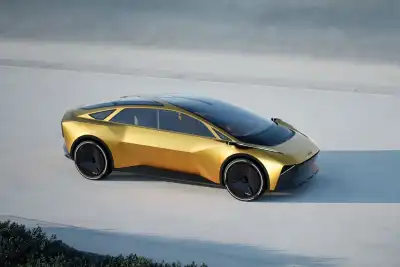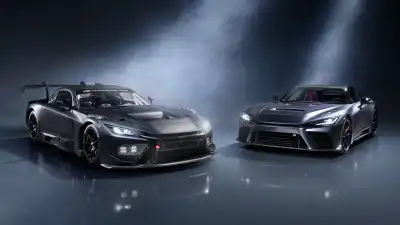This amazing haul of precious metal has been recovered by the police as part of a clampdown on gangs responsible for exporting high-value stolen vehicles.
BMWs, Range Rover Evoques, Audis, a Porsche Cayenne, Scania trucks, and a Komatsu Excavator were among 44 vehicles worth more than £1.2m seized by officers.
Seized from ports across the UK by officers from the National Crime Agency, ACPO Vehicle Crime Intelligence Service and Border Force, they were destined for African countries, Cyprus, France, the USA, Malaysia and Burma.
Recoveries were made at Hull, Immingham, Grangemouth, London Gateway, Felixstowe, Tilbury and Southampton.
In addition to the vehicles seized, officers also discovered a container of parts from at least 29 stolen BMWs.
Interactive map
Last year 90,000 vehicles were stolen in the UK and many of these will have been exported by crime groups.
They normally steal vehicles to order with 4x4s being very popular in some countries because of the prestige and terrain.
It is relatively cheap to send a container of ‘personal goods’, and cover loads used to conceal vehicles include furniture or electrical equipment.
Methods often used to steal vehicles include keyless thefts, taking keys during burglaries or the use of fraudulent documentation and cloned credit cards to hire vehicles or obtain them on finance.
Drug shipments
Tom Dowdall, Deputy Director of the National Crime Agency’s Border Policing Command, said: “Exporting and selling stolen vehicles on the black market is a lucrative business for organised crime groups as they also avoid tax or import duties. We know some groups even pay for drug shipments with cars.
“This type of crime not only affects car owners but also manufacturers, insurance companies and vehicle-related businesses such as rental companies and garages.
“Aside from reuniting members of the public and companies with their vehicles, this operation has enabled us to pursue crime groups who wrongly believe they can safely use container and trailer traffic to conceal stolen vehicles. “A number of investigations by police forces and the NCA are underway, and we will continue to work with our partners to take decisive coordinated action at our border.”
Organised crime
Mark Laming, Border Force Acting Assistant Director at Immingham, said: “The success of any operation is dependent on the quality of intelligence we receive and our joint approach in tackling this illegal trade has proved effective in disrupting organised crime groups.
“Our joint operational activity across twelve UK ports has led to a significant level of seizures and provided a wealth of intelligence that will benefit Border Force and other law enforcement agencies.”
Vehicle crime safety advice is available from www.police.uk
*Pictures copyright National Crime Agency


